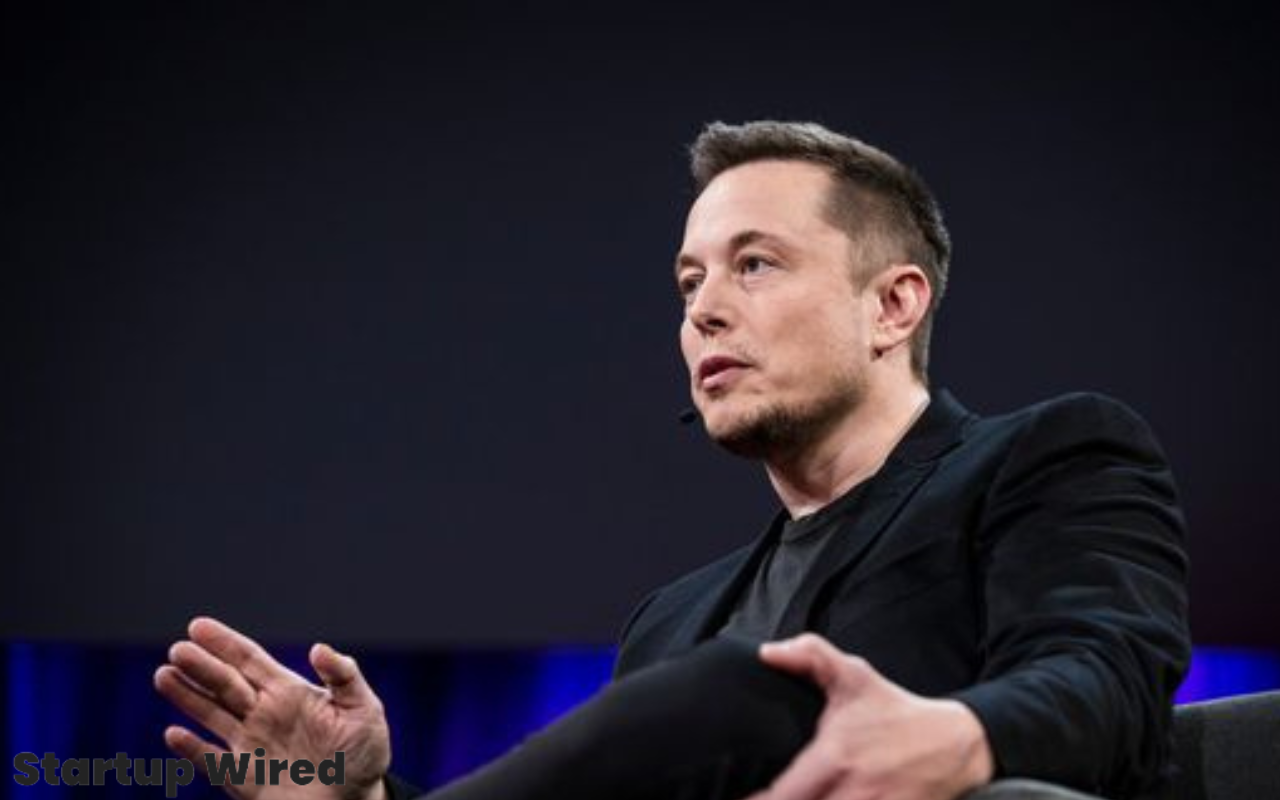Elon Musk, the billionaire founder of Neuralink, announced on Monday that the first human patient had received an implant from the brain-chip startup on Sunday and is recovering well. Musk shared the update on his social media platform X, stating that the initial results show promising neuron spike detection.
Neuralink, a company focused on developing brain-computer interface technology, received clearance from the U.S. Food and Drug Administration last year to conduct its first trial testing its implant on humans. Musk revealed that the first product from Neuralink would be called Telepathy, as mentioned in a separate post on X.
The startup’s PRIME Study is a significant trial aimed at evaluating the safety of the implant and surgical robot for its wireless brain-computer interface. This study will assess the functionality of the interface, which enables individuals with quadriplegia or paralysis of all four limbs to control devices using their thoughts, according to the company’s website.
Recruitment for the PRIME Study trial opened last September, marking a crucial step forward in Neuralink’s mission. However, the company has yet to respond to requests for further details about the trial.
Despite its groundbreaking advancements, Neuralink has faced scrutiny regarding its safety protocols. Earlier this month, Reuters reported that the company was fined for violating U.S. Department of Transportation rules related to the movement of hazardous materials. Additionally, last November, four U.S. lawmakers called on the Securities and Exchange Commission to investigate whether Musk misled investors about the safety of the brain implant being developed by Neuralink.
Neuralink’s technology primarily revolves around an implant known as the “Link” – a device approximately the size of five stacked coins that is surgically placed inside the human brain. This invasive surgery aspect has raised concerns among critics.
According to data from Pitchbook, Neuralink, based in California, had over 400 employees last year and raised at least $363 million in funding.
While Elon Musk often dominates headlines with his ventures, he is not alone in the field of brain-machine interface research. Facing delays with Neuralink, Musk reportedly explored potential collaborations with implant developer Synchron, which offers a less invasive implant version that does not require cutting into the skull.
Synchron, based in Australia, implanted its first device in a U.S. patient in July 2022, marking significant progress in the field of brain-computer interface technology.
